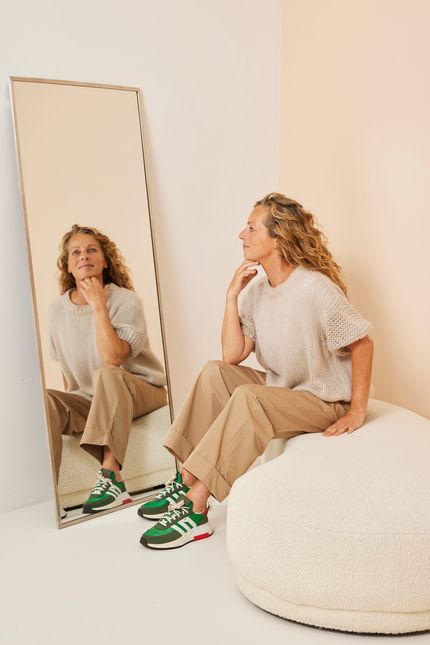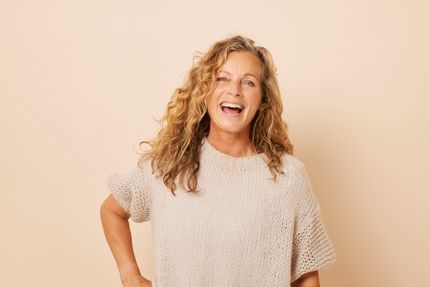

A menopause specialist shares her story: this what going through menopause feels like for me
As a menopause specialist, you have everything under control. You may have some symptoms, but nothing to write home about. After all, you know exactly what to do and not to do for optimal hormonal health. Right? Well... no, actually. Menopause specialist Suzanne Rouhard opens up about her experiences with menopause.
My clients often ask me, ‘How do you experience menopause? All your knowledge must make it easier, right?’ News flash! Just because you’re a specialist doesn’t mean you’re not personally affected. Every journey, including mine, has its challenges.
My experience with menopause
If you are 45 or older, you can be sure that you've entered perimenopause. I'm 52, and I’ve been perimenopausal for some years now. I haven’t hit menopause yet, but I'm getting close. For several years now, I've been experiencing menstrual changes: a hallmark sign of perimenopause.
Changes in menstrual pattern
A question I get asked a lot by women is whether the menstrual changes during menopause they’re experiencing are normal. The answer is, normal can mean anything. From short or long menstrual cycles to missed periods, and from light bleeding to heavy bleeding. For me, and for many other women, perimenopause can cause what may feel like extreme irregularity.
If you have very heavy bleeding, or if your periods last a lot longer than usual, you should go see a doctor. Also, it’s not normal to bleed or spot 12 months or more after your last period. This may be a sign of a health problem, such as a fibroid or polyp.
Personally, I don’t really mind these changes. I just make sure I always leave home prepared. My periods used to be like clockwork, but things aren't as consistent as they once were.
Do you need more support?
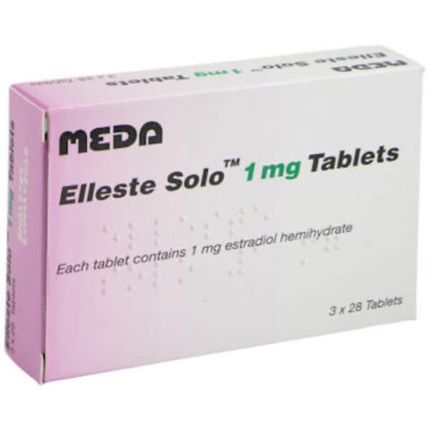

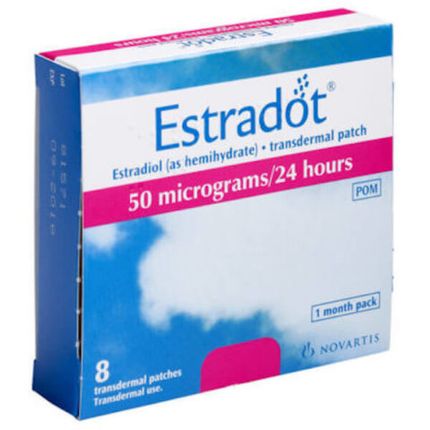

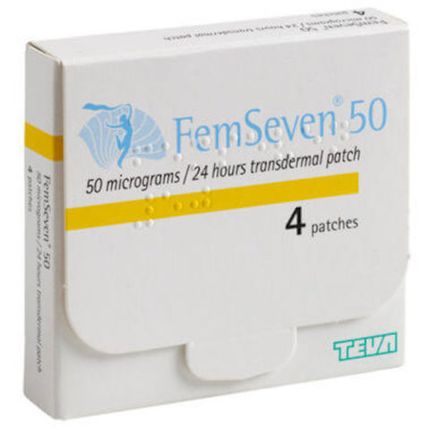
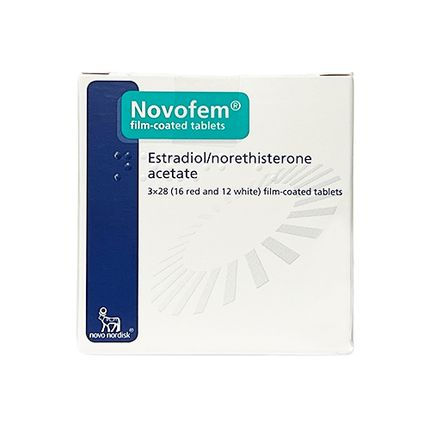
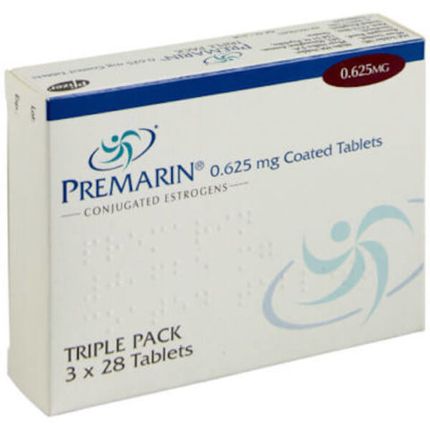


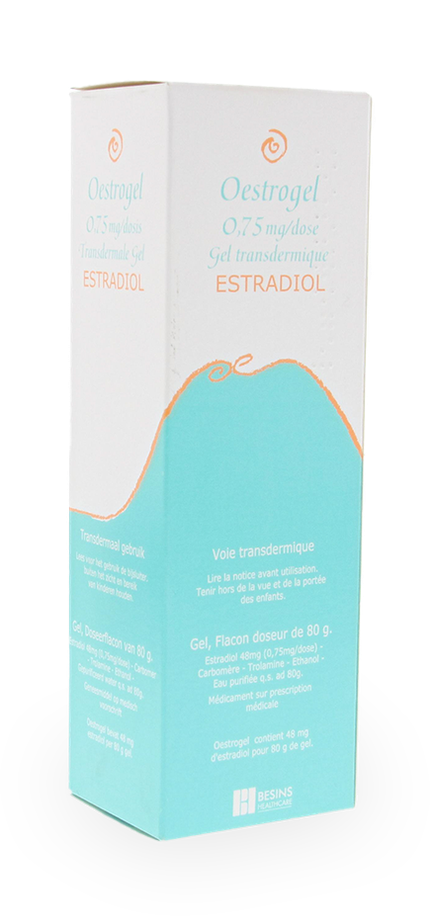
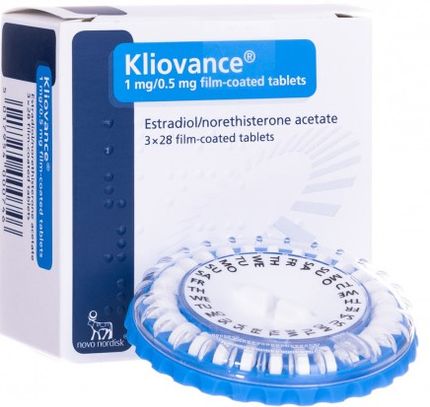
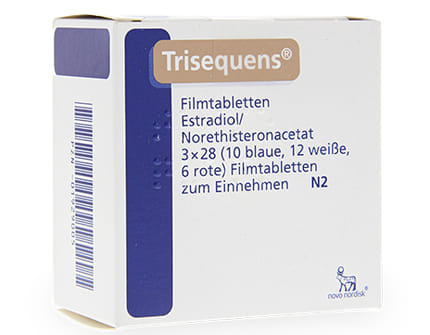
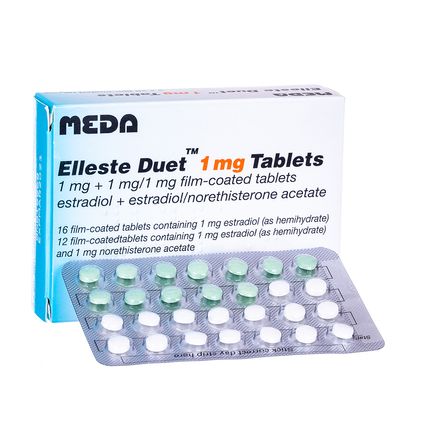
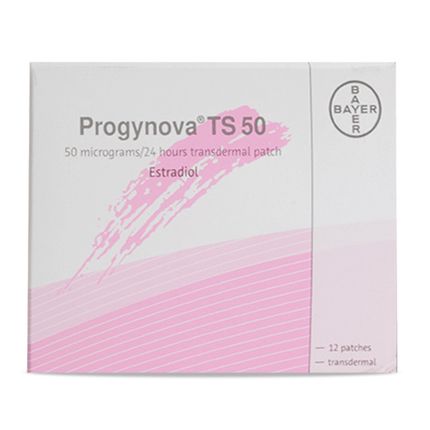
Menopause-related weight gain
What else is different? Like many women, I’ve noticed that I gain weight more easily during menopause than I did in the past. There are various reasons for this.
Despite the fact that I’m a huge chocolate addict, I try to watch what I eat. For example, I opt for chocolate with a cocoa content of at least 80%. This type of chocolate is much lower in carbohydrates.
I also love making avocado brownies, which are healthier than traditional brownies because they are avocado based. They’re absolutely irresistible! I always make sure to keep a batch in the freezer, so that I never run out. Healthy banana bread is also one of my favourites. Or oatmeal cookies with banana, oats and egg. Perfect for when sugar cravings strike.
Where’s my brain?
Here’s another thing I’ve noticed: I’m so forgetful it’s not even funny. I used to be on the ball, a walking database, now I have zero concentration. Luckily, I know it’s only temporary.
That’s why I make sure my diet contains plenty of brain-friendly fatty acids. The human brain is nearly 70 percent fat. I eat fatty fish twice a week and I take an omega-3 supplement to help balance my hormones. Super important! Also, I can’t live without my notebook and sticky notes. I take notes of... well, basically everything.
I feel like a whole other person
The menopausal transition influences both women’s physical and mental health. We have to deal with many changes, which can alter our outlook on things and make us stronger.
Because our levels of oestrogen and oxytocin, also known as the love or cuddle hormone, decrease, we become less ‘we’ focused and more ‘me’ focused. We don’t feel this strong desire to take care of others anymore. It’s amazing how nature works, because this often coincides with a time when our children are older and more self-sufficient, allowing more time for ourselves. It is not surprising that women in their forties and fifties suddenly start making different choices. I witness this transformation on a daily basis in my practice. A new career, a new passion project...
It has changed me, too. After years of being at my family's beck and call, I now have the freedom to go off and do my own thing. This took some getting used to for my family, of course. But if you ask me, it’s a natural part of this new stage of life.
Preventing and alleviating symptoms
Health has been a focus area for me for years, both personally and professionally. So yes, I’ve made quite a few lifestyle adjustments, both recently and in the years before perimenopause. This has certainly paid off for me. I believe a lot can be done when it comes to prevention. Nutrition, exercise, relaxation and supplementation are key in this respect.
What has helped me?
- Stabilising blood sugar levels. It’s very important to keep your blood sugar stable. Limit your intake of sugars and fast carbohydrates, such as potato chips, cake, pasta and sweets. Incorporate healthy proteins and fats into your diet. Choose slow carbohydrates: quinoa, whole wheat pasta, legumes and brown rice. I started making these changes years ago and I wouldn't want it any other way. I used to get sugar dips all the time, felt bad and sluggish after eating. Those days are behind me, I’m happy to say.
- Make it a daily priority to carve out moments to relax. A calm and balanced nervous system is essential for balanced hormones. It’s not good to always be busy, busy, busy. It’s equally important to find time to relax. Make a note of this in your diary! Go to the sauna, read a book or go for a walk. I, personally, love going on nature hikes. We have a dog and live near the forest. I find walking calms me instantly.
- Train your muscles. As we age, we lose muscle mass. That is why it's so important to exercise. I do a short seven-minute interval workout every day. This doesn’t take a lot of time, yet it’s incredibly effective. All cells, including our muscle cells, have their own ‘power plants'. The more muscle mass, the more energy you have to do the things you enjoy. Another added bonus: exercise increases testosterone levels, which women’s bodies can convert into oestrogen. The more oestrogen we get before and after menopause, the better.
Take care of your body
I always say: ‘Up to the age of 40, your body takes care of you. After 40, it's your job to take care of your body.’ There’s no escaping menopause, but that doesn’t not mean it can’t be a smooth transition (with few symptoms).
Does this mean you need to do things differently than before menopause hit? Absolutely! But making some small lifestyle adjustments can make a huge difference in terms of taking the edge off your menopausal symptoms. Isn’t that worth the effort? This next stage of life has the potential to be the best time of your life. I really mean that.
Alleviate your menopausal symptoms
Each woman's body is different, and when it comes to menopause, no woman's journey is the same. This means there is no one-size-fits-all solution. Discover how lifestyle, nutrition, supplements and medical treatments can support your health during your menopausal journey.

Sources
- Dasgupta D, Ray S. (2016.) Is menopausal status related to women's attitudes toward menopause and aging? PMID: 26940232.
- Guérin E, Goldfield G, Prud'homme D. (2017). Trajectories of mood and stress and relationships with protective factors during the transition to menopause: results using latent class growth modeling in a Canadian cohort. PMID: 28707156.
- Külzow N, Witte AV, Kerti L, Grittner U, Schuchardt JP, Hahn A, Flöel A. (2016). Impact of Omega-3 Fatty Acid Supplementation on Memory Functions in Healthy Older Adults. PMID: 26890759.
- International Menopause Society. Dutch Menopause Society (DMS). Begrippenlijst. https://www.menopauseinfo.org/wp-content/uploads/2023/01/IMS-DUTCH-Factsheet-4-glossary.pdf
Possibly of interest to you


FAQ
What exercises can women do to reduce stress?
If you are stressed or feel a lot of tension in your body, a breathing exercise can help to calm the stress response in your body. Breathe in through your nose as you count to 4, hold your breath, count to 7 and breathe out through your mouth as you count to 8. Repeat this exercise for five to ten minutes. You can find many more breathing exercises on YouTube.








